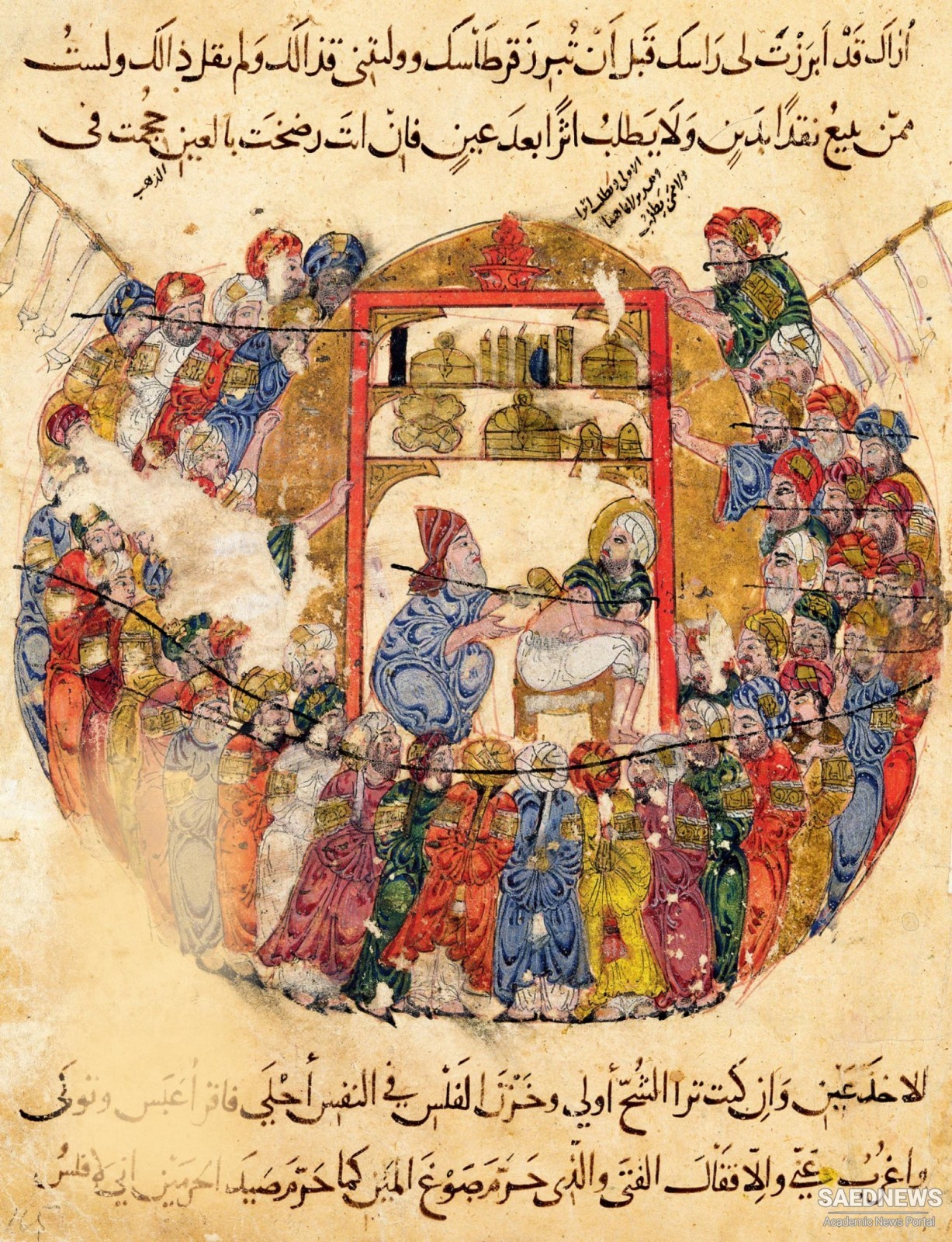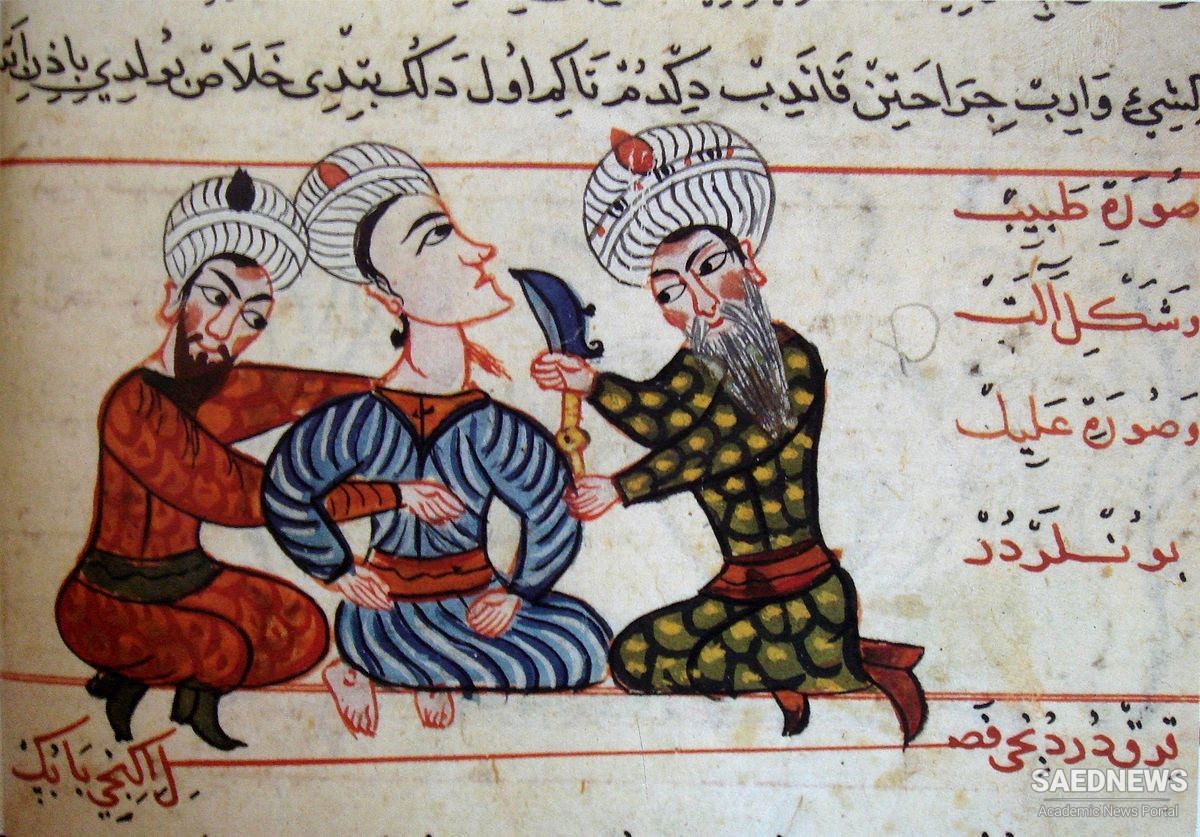ALI IBN SAHL IBN RABBĀN AL-ŢABARĪ (ninth century), physician and medical writer in Iraq. He was born in Tabaristan, south of the Caspian Sea, son of a well-known Jewish astronomer and mathematician, Sahl ibn Rabbān, whose greatest astronomical feat was his translation into Arabic of the Almagest of Ptolemy around 800. Because of civil disturbances Ali moved to Raiy, in the vicinity of Teheran, and became the teacher of Muhammad al-Rāzī, the Muslim medieval scholar and mystic. He then took the post of secretary to Māzyār ibn Qārin, prince of his native Tabaristan, and became a Muslim and a leading figure at the courts of the caliphs al-Mu'taṣim and al-Mutawakkil. His medical writings, especially the Firdaws al-Ḥikma ("Garden of Wisdom"), a medical compendium in seven parts (edited by Max Meyerhof), introduced Indian medical lore to Arab readers and to contemporary Western medicine. His other works include treatises on diet, on the proper care of health, on amulets and magic, on cupping and similar subjects. He also wrote a book in praise of Islam called Kitāb al-Dīn wa al-Dawla ("The Book of Religion and Empire") (Source: Encyclopedia).



 Ibn Khordadbeh: Author of First Academic Work of Administrative Geography
Ibn Khordadbeh: Author of First Academic Work of Administrative Geography














































